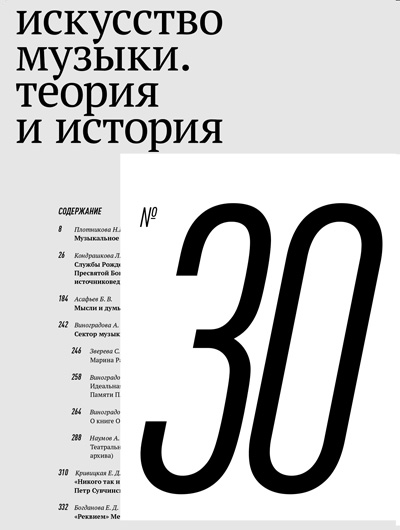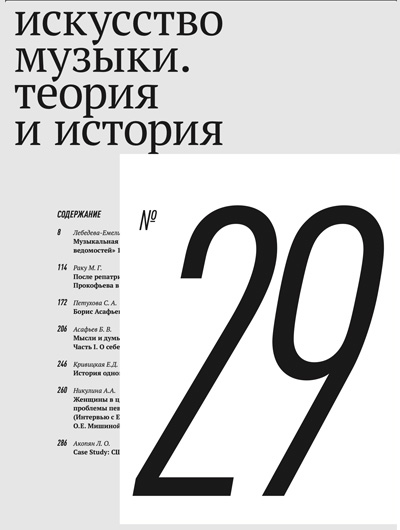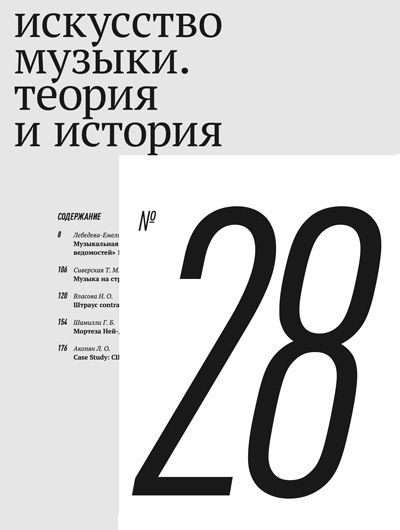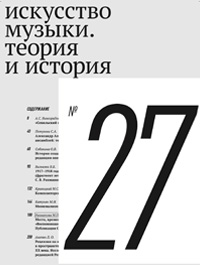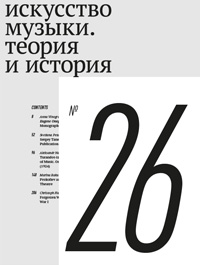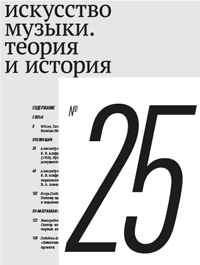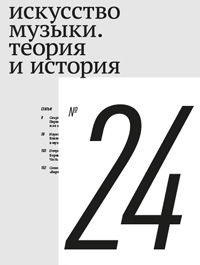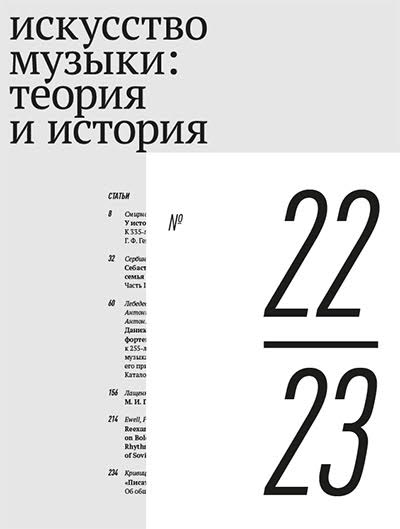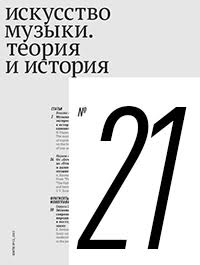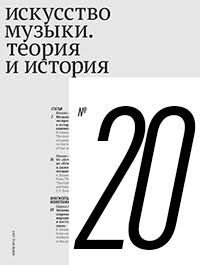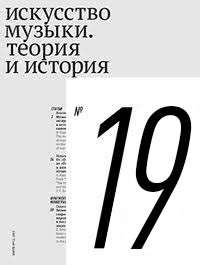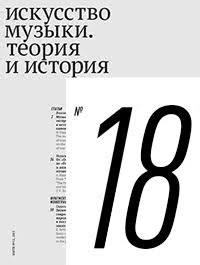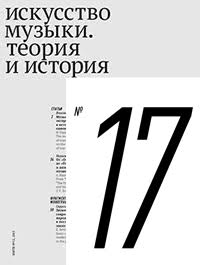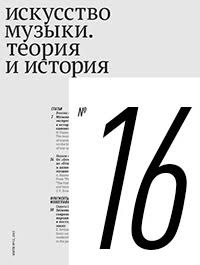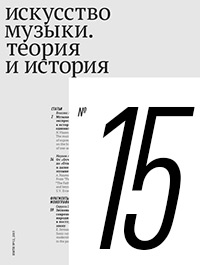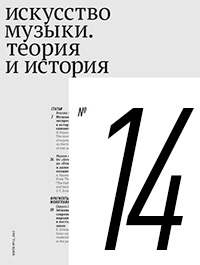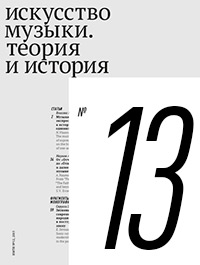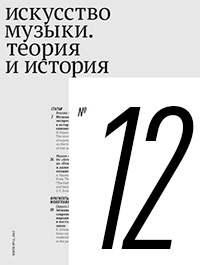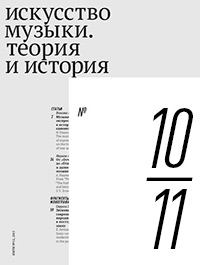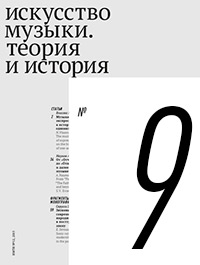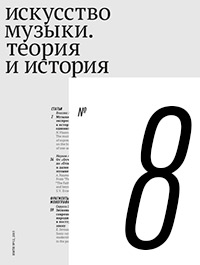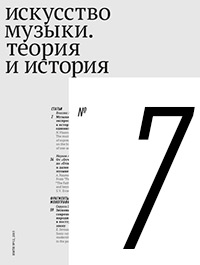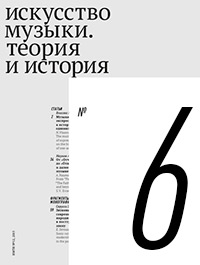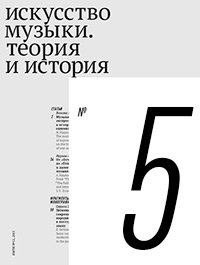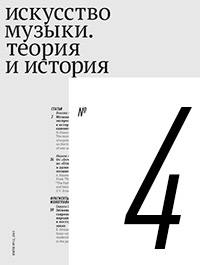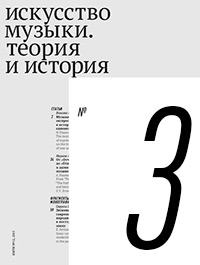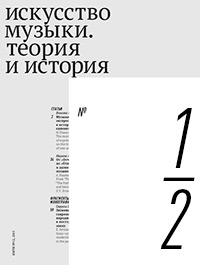2022 ¹ 26
The present publication contains articles from newspapers and journals of 1878, dedicated to the first edition of the piano-vocal score of Tchaikovsky’s Eugene Onegin, as well as to the rehearsals of the opera’s four scenes by pupils of the Moscow Conservatoire. The reviewers paid attention also to some other events both in and outside the Conservatoire; hence, the published articles provide a broad historical context of Moscow’s musical and theatrical life. Scientific commentary, as well as printed and handwritten documents (excerpts from the composer’s correspondence), are designed to fill in the semantic gaps in the narrative that is made up of press reports.
Key Words
Eugene Onegin, P. I. Tchaikovsky, A. I. Tchaikovsky, N. G. Rubinstein, P. I. Jurgenson, N. F. von Meck, German (Herman) A. Laroche, Moscow Conservatoire.
The present publication includes three sections from the forthcoming monograph Sergey Taneyev’s Oresteia: Research and Materials. Each section is devoted to a particular area of Taneyev research, which has already been discussed in scholarly literature: the composer’s fascination with philosophy and the history of law, his treatment of orchestra, and the ups and downs of the production of the Oresteia trilogy. As a result of our research, it has become possible to supplement each of these areas with new information and new interpretations.
Key Words
Sergey Taneyev, Oresteia, mythology, legal aspects, orchestra, score, Tchaikovsky, leading tone colour, première, epistolary, Vsevolozhsky, Nápravník.
This is a journal version of one of the chapters of the monograph provisionally entitled In an Unseen Pantheon: Music in the Studios, 1914–24, part of the research project Between Dramaturgy and Stage Direction: Incidental Music for the Productions of the Moscow Art Theatre, 1898–48. With the help of materials from the archives of theatre director Yu. Zavadsky and composer N. Sizov, the press of the 1920s, and some more recent studies in theatre history, we have attempted to reconstruct the sound image of one of the most original productions of early Soviet theatre, which influenced not only the art of stage production, but also opera and, to an extent, cinema.
Key Words
Yuriy Zavadsky, Nikolay Sizov, Gogol’s The Marriage, music in dramatic theatre, The Third Studio of the Moscow Art Theatre, Vakhtangov Theatre, Shostakovich’s The Nose, Meyerhold’s The Inspector General.This publication is one of the chapters of the forthcoming monograph The Time of Sergey Prokofiev. Dramatic Theatre: Music, People, Performances, Ideas. The present excerpt is dedicated to Prokofiev’s debut in dramatic theatre: the incidental music for Aleksandr Tairov’s ‘stage composition’ The Egyptian Nights at the Moscow Chamber Theatre (1935). Its history has been restored in a number of new details using previously unknown archival sources. As a result of their analysis, some ideas about the very ‘sound image’ of the performance have been corrected. The monograph is being prepared for publication by the Moscow publishing house Slovo/Slovo. The release is scheduled for autumn 2022.
Key Words
Sergey Prokofiev, Soviet dramatic theatre of the 1930s, Moscow Kamernïy (Chamber) Theatre, Aleksandr Tairov, ‘musical Egypt’, Mikhail Kuzmin, Aleksandr Kastal’sky, William Shakespeare, Alexander Pushkin, Bernard Shaw.
The article raises for the first time the question of how the events of the First World War affected Russian musical culture. The review of the metropolitan press, public controversy between musicians, lists of recruits from this professional environment and personal reactions in the epistolary of composers is supplemented by an analysis of the repertoire policy in relation to German music and a review of works created on this topic in Russia at that time.
Key Words
The War and the art of music, Igor Stravinsky, Nikolay Fatov, Fëdor Akimenko, Emiliy and Nikolay Medtner, César Cui, Aleksandr Kastal’sky.
